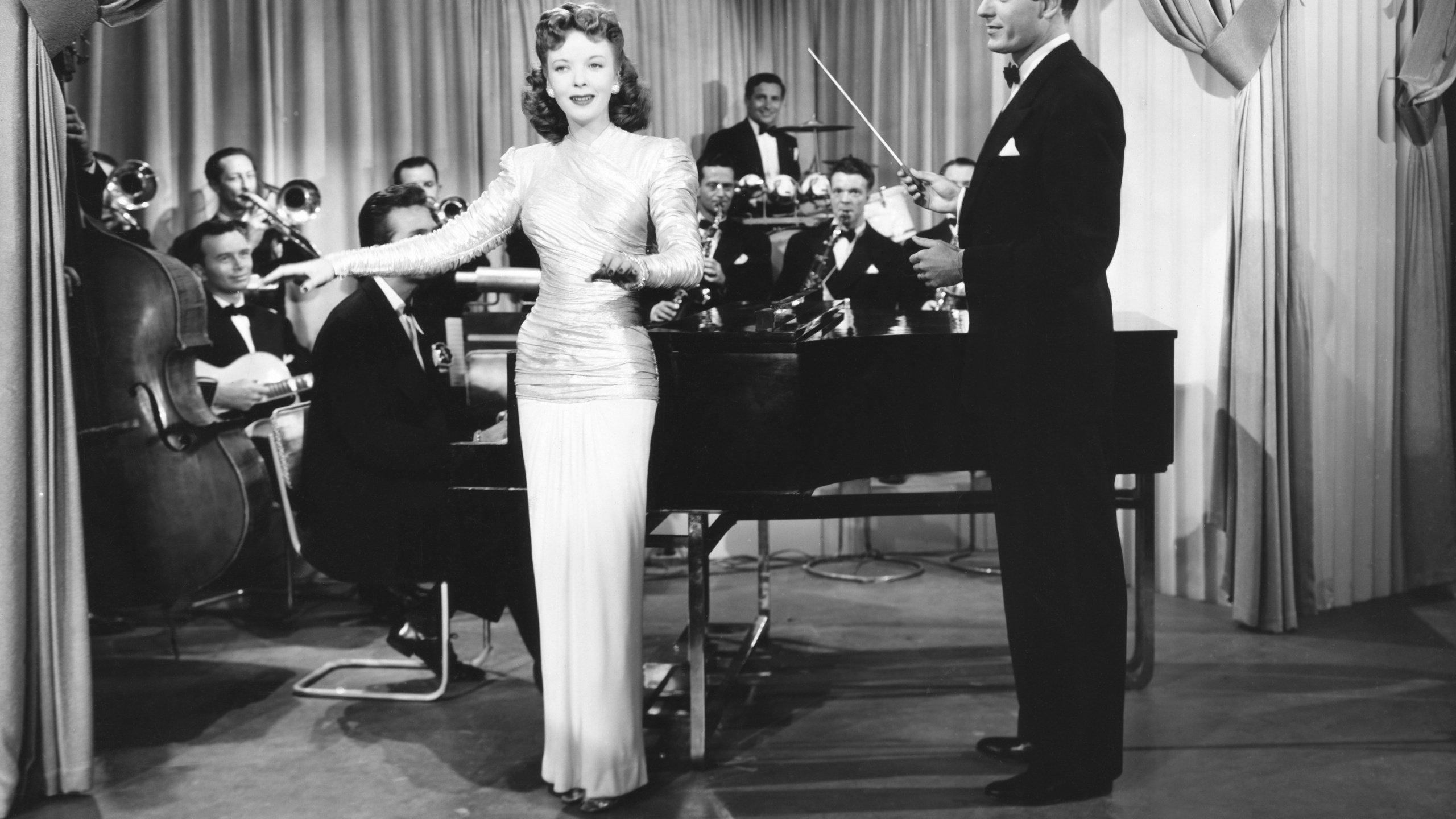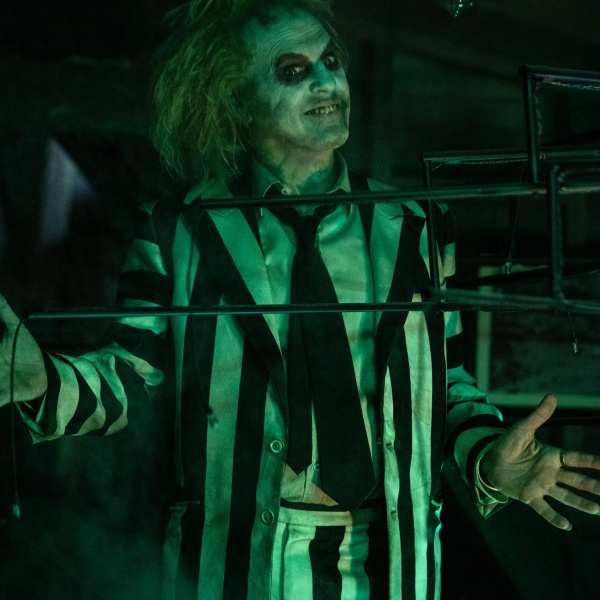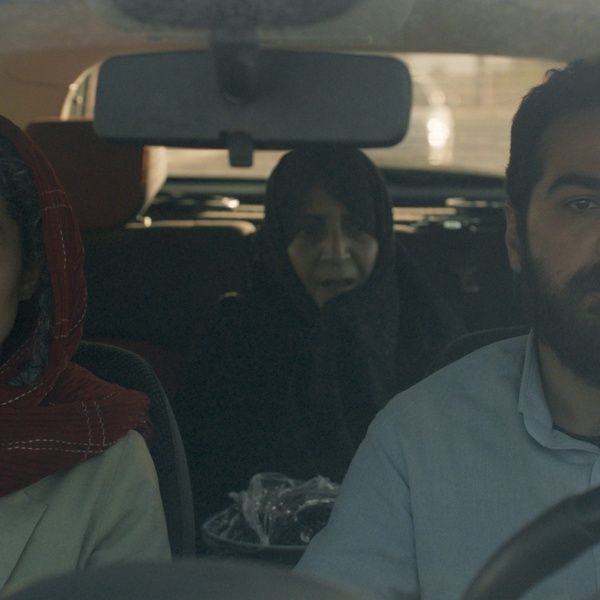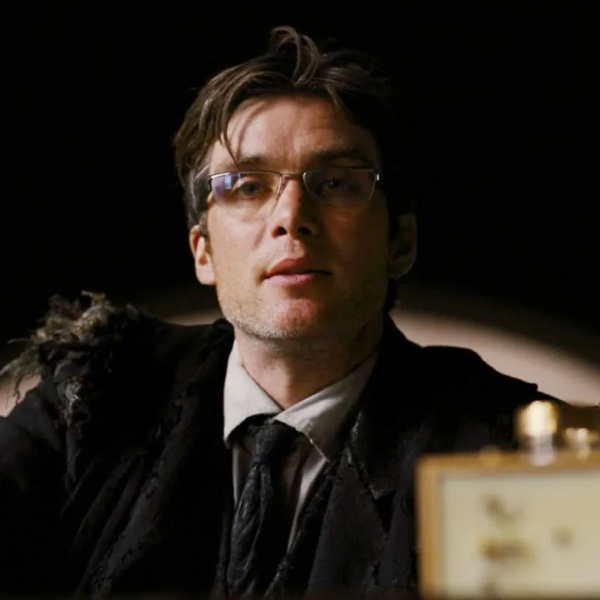There’s been a lot of talk lately about how the studios have lost interest in physical media, with Disney outsourcing its discs to Sony and questions over where the business is going in the wake of Redbox’s demise and Best Buy’s decision to stop selling Blu-rays and DVDs. Yet not only have the rumors of physical media’s death been greatly exaggerated as boutique labels step in to pick up the slack, but even at the studio level, praiseworthy efforts to showcase archival treasures are alive and well. Take, for example, the new Warner Archive Blu-ray of Raoul Walsh‘s 1946 classic “The Man I Love.”
“The Man I Love” is a film beloved by cinephiles (Martin Scorsese frequently references it as an influence on “New York, New York”) but hardly famous — among Warners’ 1940s releases, it’s a long way down from “Casablanca” and “The Maltese Falcon” when it comes to widespread popularity. It’s the kind of movie that the studios aren’t supposed to care about anymore, a niche item for connoisseurs, yet here it is in a sparkling new transfer with six restored minutes that haven’t been seen since the initial theatrical release due to music rights issues.
There haven’t exactly been hordes clamoring for a restoration, yet some hero in the Warner Bros. archives took the time and effort to clear the music, clean up the sound and image, and make “The Man I Love” accessible in a flawless presentation. It’s par for the course for Warner Archive, a label overseen by film historian George Feltenstein that has spent the last 15 years mining the studio’s catalog for important but not necessarily well-known films; in just recent months, for example, Warner Archive has released excellent new editions of Fred Zinneman’s taut film noir “Act of Violence,” George Roy Hill’s underrated John Le Carré adaptation “The Little Drummer Girl” with Diane Keaton, and the complete 1990 iteration of the “Flash” TV series.
Raoul Walsh has been particularly well served by the label, with “The Man I Love” joining earlier pressings of “Gentleman Jim,” “A Lion Is In the Streets,” “Objective Burma,” “Strawberry Blonde,” and “They Drive by Night.” Taken together, the Warner Archive releases give an immediate sense of just what a versatile filmmaker Walsh was — proficient in the biopic, political drama, war film, romantic comedy, and film noir traditions. “The Man I Love” is especially impressive in combining so many of these genres in one. On its surface a melodrama about a lounge singer (Ida Lupino) unable to find enduring love, it’s also a musical, a crime film, and a post-war social drama that has more than a few things in common with William Wyler’s “Best Years of Our Lives,” which was released a few months earlier and took home the Oscar for Best Picture.
Raoul Walsh was never even nominated for an Oscar in spite of directing well over a hundred films, many of them (like “White Heat,” “High Sierra,” and “The Roaring Twenties”) classics. His straightforward style, while propulsive and visceral (as Francis Ford Coppola once said, when somebody gets hit in a Raoul Walsh movie, you really feel it), was always too unpretentious and unadorned to attract the Academy’s attention.
“The Man I Love” is a case in point: Walsh sends about a half-dozen plot lines, styles, and themes into the air and keeps them all whizzing along like a master plate spinner, but he makes it look effortless — you never feel the director straining for his effects, all seamlessly integrated into 96 smooth minutes.

Lupino, in one of her greatest performances, plays Petey Brown, a singer who travels from New York to Long Beach to visit her siblings for Christmas and gets enmeshed in their lives. While the movie is essentially a star vehicle for Lupino — Walsh prided himself on his ability to showcase stars, and he does a hell of a job here — the large supporting cast is what allows Walsh and screenwriter Catherine Turney to give the audience a bunch of movies for the price of one.
The sister, whose husband is a shell-shocked veteran, provides the “Best Years of Our Lives”-esque meditation on the psychic trauma of war, while the brother, under the influence of a local gangster, introduces a film noir element. A neighbor couple whose marriage is threatened by boredom and economic anxiety dovetails with the crime plot, which in turn intersects with Petey’s love life when she begins singing at the gangster’s club and attracts his eye. And so on and so on. Walsh orchestrates it all masterfully, keeping the various storylines in perfect balance and repeatedly finding the kinds of clear, concise gestures and expressions that can define a character in a matter of moments.
The core of the film is Petey’s romance with a pianist (Bruce Bennett) who hasn’t gotten over his ex-wife and probably never will; the scenes between the two of them, in which Lupino and Bennett powerfully convey both their bond and the impossibility of staying together, are astonishingly powerful and moving given the relatively scant screen time the couple actually shares. Their scenes, like everything else in the movie, also feel extremely modern thanks to Walsh’s unsentimental sensibility. He holds back just like his characters, and it only makes us more desperate to see them end up together.
The whole thing is tied together by the film’s musical numbers, which primarily consist of superb arrangements of pop standards like “Why Was I Born?” and the title track. Lupino doesn’t do her own singing, but you’d never know it from the perfect match between her physical performance and the voice of radio star Peg LaCentra; every musical set piece is, like the movie as a whole, a compendium of varying tones and emotions, alternately rousing and heartbreaking.
Because the songs are so central, and Walsh’s structure so precise, the restoration of the missing musical number “Bill” for the Blu-ray release is a major gift for Walsh enthusiasts. The difference between the theatrical cut and the version that has been circulating ever since “The Man I Love” was sold to television in the 1950s is only about six minutes, but when you’re dealing with a master like Walsh not only does every minute count, every frame counts. Returned to its original glory, “The Man I Love” is essential viewing.
“The Man I Love” is now available on Blu-ray courtesy of Warner Archive Collection.






